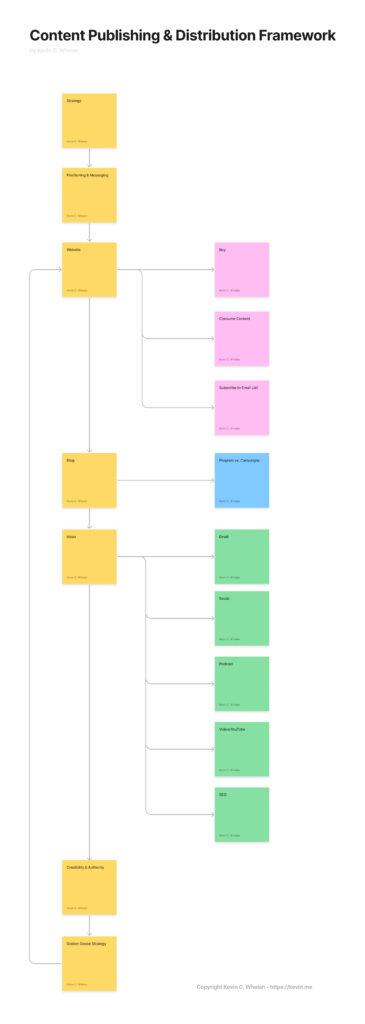The other day, I mentioned how I was bullish on YouTube.
In painstakingly meta fashion, I decided to explain why in… a YouTube video.
Check it out here and subscribe to the channel if you’re into that kinda thing.
—kevin
P.S. Doors for the membership are open again for a limited time. Full details here.
